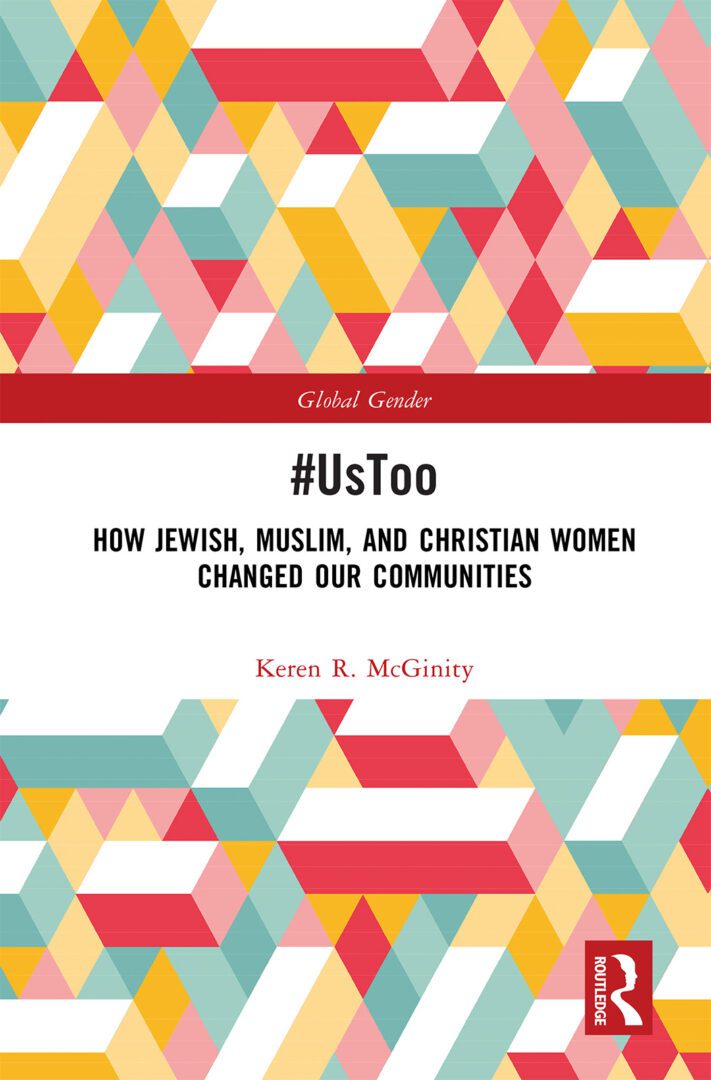Books
Develop a Better Understanding of #MeToo and of Jewish Intermarriage

#UsToo: How Jewish, Muslim, and Christian Women Changed Our Communities examines the relationship between sexual harassment, gender, and multiple religions, highlighting the voices of women of different faiths who found their voices and used them for the betterment of their communities.
Through personal interviews and other research, this book explores the actions of American Jewish, Muslim, and Christian women who broke the silence about sexual misconduct and abuse of power by male co-religionists. Using a three-dimensional, ethnoreligious approach that examines gender, ethnicity, and religion, it addresses the relationship between religion and women’s experiences and examines both historical contexts and present-day experiences of sexual misconduct within faith communities.
This book will be of key interest to students within Gender Studies, History, Religion, and Sociology, clergy and lay religious leaders, and human rights advocates.

When American Jewish men intermarry, goes the common assumption, they and their families are “lost” to the Jewish religion. In this provocative book, Keren R. McGinity shows that it is not necessarily so. She looks at intermarriage and parenthood through the eyes of a post-World War II cohort of Jewish men and discovers what intermarriage has meant to them and their families.
She finds that these husbands strive to bring up their children as Jewish without losing their heritage. Marrying Out argues that the “gendered ethnicity” of intermarried Jewish men, growing out of their religious and cultural background, enables them to raise Jewish children.
McGinity’s book is a major breakthrough in understanding Jewish men’s experiences as husbands and fathers, how Christian women navigate their roles and identities while married to them, and what needs to change for American Jewry to flourish. Marrying Out is a must-read for Jewish men and all the women who love them.
Over the last century, American Jews married outside their religion at increasing rates. By closely examining the intersection of intermarriage and gender across the twentieth century, Keren R. McGinity describes the lives of Jewish women who intermarried while placing their decisions in historical context.
The first comprehensive history of these intermarried women, Still Jewish is a multigenerational study combining in-depth personal interviews and an astute analysis of how interfaith relationships and intermarriage were portrayed in the mass media, advice manuals, and religious community-generated literature.
Still Jewish dismantles assumptions that once a Jew intermarries, she becomes fully assimilated into the majority Christian population, religion, and culture. Rather than becoming “lost” to the Jewish community, women who intermarried later in the century were more likely to raise their children with strong ties to Judaism than women who intermarried earlier in the century.
Bringing perennially controversial questions of Jewish identity, continuity, and survival to the forefront of the discussion, Still Jewish addresses topics of great resonance in a diverse America.

